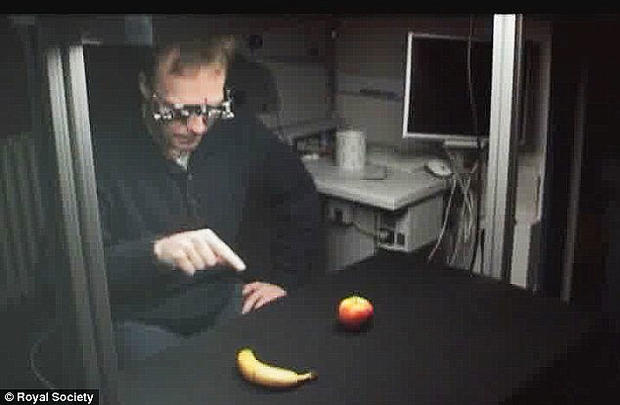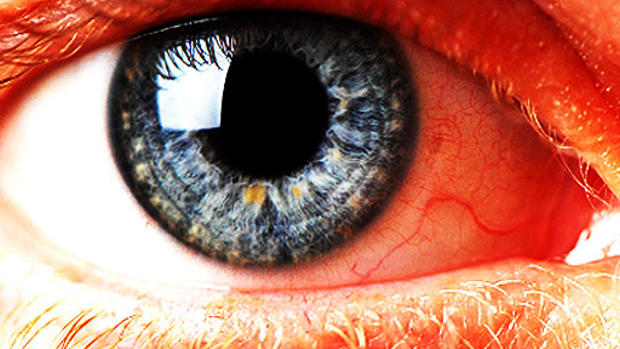Retina Implant Restores Vision to Blind People
(CBS) It's not quite a bionic eye, but German scientists have developed a retinal implant capable of restoring partial vision to blind people.
In early tests, the "sub-retinal implant" enabled two men and one woman suffering from inherited forms of blindness to see well enough to attend to some basic tasks, like reading clocks and deciphering letters. One man saw his girlfriend's smile for the first time, and another was able to read his own name, according to the Daily Mail.
"We have shown that people can be provided with enough useful vision for daily life," Professor Eberhart Zrenner, chairman of the Tuebingen Eye Hospital in Germany and director of a small company that is developing the impant, told Reuters.
The tiny electronic device - essentially a tiny microchip fitted with 1,500 light sensors - does the work of light receptors in the eye that have been lost to disease. It could become a routine remedy for some kinds of blindness within five years - possibly changing the lives of some 200,000 people who suffer from a form of blindness known as retinitis pigmentosa (RP), Reuters reported.
RP, which often strikes in childhood, causes the destruction of cells in the retina, causing tunnel vision and eventually blindness. Worldwide, it affects about one person in every 4,000, according to Reuters.
With further development, the developers of the implant see a future in which it might work to restore vision to people suffering from age-related macular degeneration - the leading cause of vision loss in older people.
The device isn't the first device capable of restoring partial vision to sightless people. But it's the first to work without the use of an unwieldy camera and processor unit.
Robert Maclaren, a professor of ophthalmology at Britain's Oxford University who was not involved in the tests of the implant, told Reuters that he was "very excited" by the results.
"It proves the concept that in a patient who has been blind for many years and is unable to see anything, the optic nerves can be re-awakened for them to be able to see again," he said."It's of phenomenal significance in that regard.To go from being completely blind for many years, to being able to read a few letters and see shapes is an amazing step."
The results of the tests were published online in Proceedings of the Royal Society B.

